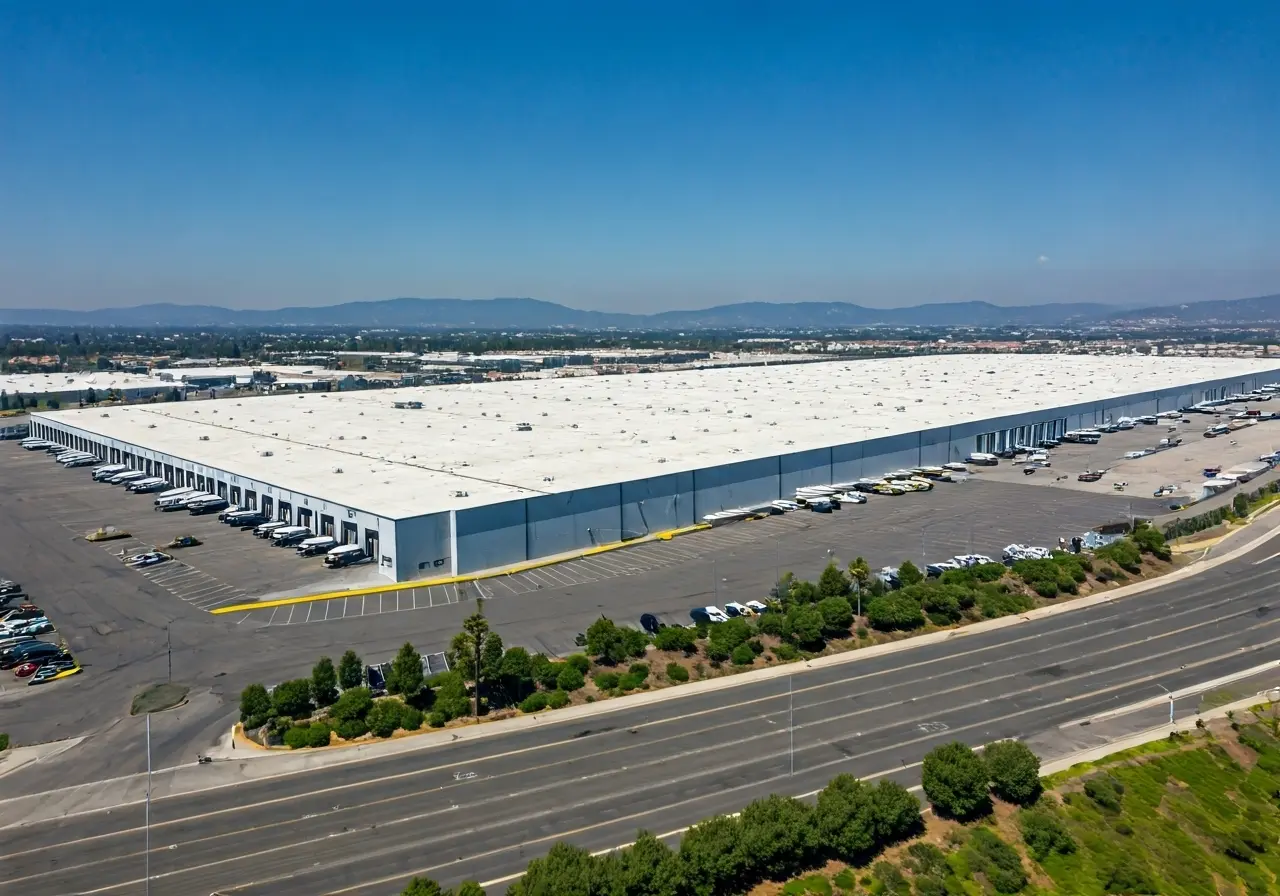Why Distribution Warehouses in Los Angeles Are Essential for Efficient Business
In the bustling city of Los Angeles, where business opportunities abound, distribution warehouses play a crucial role in ensuring that companies can operate smoothly and efficiently. Let's dive into why these warehouses are integral to business success and how they help streamline operations.
Understanding the Strategic Location of Los Angeles
Los Angeles is a prime location for distribution warehouses due to its proximity to major ports, freeways, and airports. This strategic positioning allows businesses to quickly receive and ship goods, ensuring efficient supply chain management. The city's infrastructure is well-equipped to handle a significant volume of freight, making it an ideal hub for distribution operations. This advantage cannot be overstated, as the ability to access both international and domestic markets effortlessly contributes greatly to a company's logistical capabilities. Furthermore, LA's diverse economy supports various industries, from technology to fashion, enabling warehouses to serve multiple sectors efficiently. By taking advantage of this strategic location, businesses can enhance their competitive edge.
Moreover, the vibrant market within Los Angeles provides businesses with an immediate consumer base. The city's population offers a diverse customer demographic, allowing companies to test and introduce products before venturing into broader markets. This access to a large and varied population means that businesses can adapt their strategies quickly in response to changing consumer trends. Additionally, warehouses in Los Angeles can facilitate quicker turnover rates by being closer to suppliers and customers alike, reducing both wait times and costs associated with long-distance logistics.
How Distribution Warehouses Enhance Operational Efficiency
By housing products close to major consumer markets, distribution warehouses in Los Angeles help businesses reduce lead times. This means faster delivery times, which enhances customer satisfaction and increases sales efficiency. The ability to deliver products swiftly to customers not only builds trust and loyalty but also presents opportunities to expand market share by meeting immediate consumer needs. Quick and reliable delivery processes often translate into repeat business, essential for sustained growth.
Furthermore, optimizing operational processes through technology integration is another way that these warehouses boost efficiency. Implementing software solutions for order processing and inventory management can significantly streamline operations, ensuring that products move seamlessly from warehouse to consumer. Automated systems minimize human error, making operations more accurate and reliable. Coupled with robust logistics planning, this technological advantage ensures that goods are always available when needed, minimizing disruptions and delays.
Key Features of Modern Distribution Warehouses
Today's warehouses are equipped with advanced technologies like automated inventory systems, robotics, and climate control, which enable businesses to operate more efficiently and effectively manage their stock. Automation reduces labor costs and improves accuracy in order fulfillment, making processes more responsive to fluctuations in demand. A dynamic warehouse can adapt to market changes without compromising performance or customer satisfaction.
Moreover, the implementation of robotics and AI technology in warehouses streamlines labor-intensive tasks, ensuring a higher throughput without increasing manpower. These technologies not only reduce costs but also enhance safety and efficiency within the warehouse environment. Cooling systems and regulated storage environments ensure that products, especially perishables, remain in optimal condition, lowering the risk of spoilage and associated losses.
In addition to technological advancements, modern warehouses are designed with sustainability in mind. Facilities adopt green energy solutions like solar panels and energy-efficient lighting to reduce carbon footprints. Leveraging renewable energy not only contributes to environmental conservation but can also reduce utility expenses, contributing to overall cost savings. By operating sustainably, businesses can improve their reputation and align with the growing consumer preference for eco-friendly practices.
Cost-Effectiveness and Revenue Growth Opportunities
Having a warehouse in Los Angeles not only cuts transportation costs but also opens doors to new revenue streams by reaching a larger market. Businesses can scale operations without significant overhead increase. This scalability means that, as demand rises, companies can expand offerings without incurring the substantial costs usually associated with growth. The ability to maintain fixed costs while increasing revenue is a significant advantage in any competitive market.
Additionally, many businesses find that having a centralized distribution hub in Los Angeles allows for negotiation of better shipping rates, thus maximizing profit margins. As logistics are streamlined, companies can allocate resources to other growth initiatives, such as expanding product lines or enhancing customer service. These strategic investments further bolster the company's market position, ensuring long-term prosperity and success.
The Role of Warehouses in Building a Resilient Supply Chain
Distribution warehouses contribute to supply chain resilience by acting as a buffer against disruptions. In times of demand fluctuations, they help maintain continuous operations and prevent stockouts. Having a robust storage and distribution network enables businesses to quickly adapt to unexpected spikes in demand without sacrificing service or operational standards. This capability is particularly valuable during peak seasons or unforeseen events, where maintaining supply continuity is crucial.
Furthermore, by strategically managing inventory levels, warehouses can provide the flexibility necessary to weather economic or political changes that may impact global supply chains. Businesses that can sustain operations amid disruptions not only preserve their market share but also gain a competitive advantage over less prepared rivals. This resilience fosters trust and strengthens relationships with both suppliers and customers, ensuring business stability and growth in the long term.
The Role of Warehouses in Business Success
In conclusion, distribution warehouses in Los Angeles are not just storage facilities; they are pivotal to business success. By understanding their strategic importance, businesses can leverage these warehouses to improve efficiency, reduce costs, and ultimately, thrive in a competitive market.

